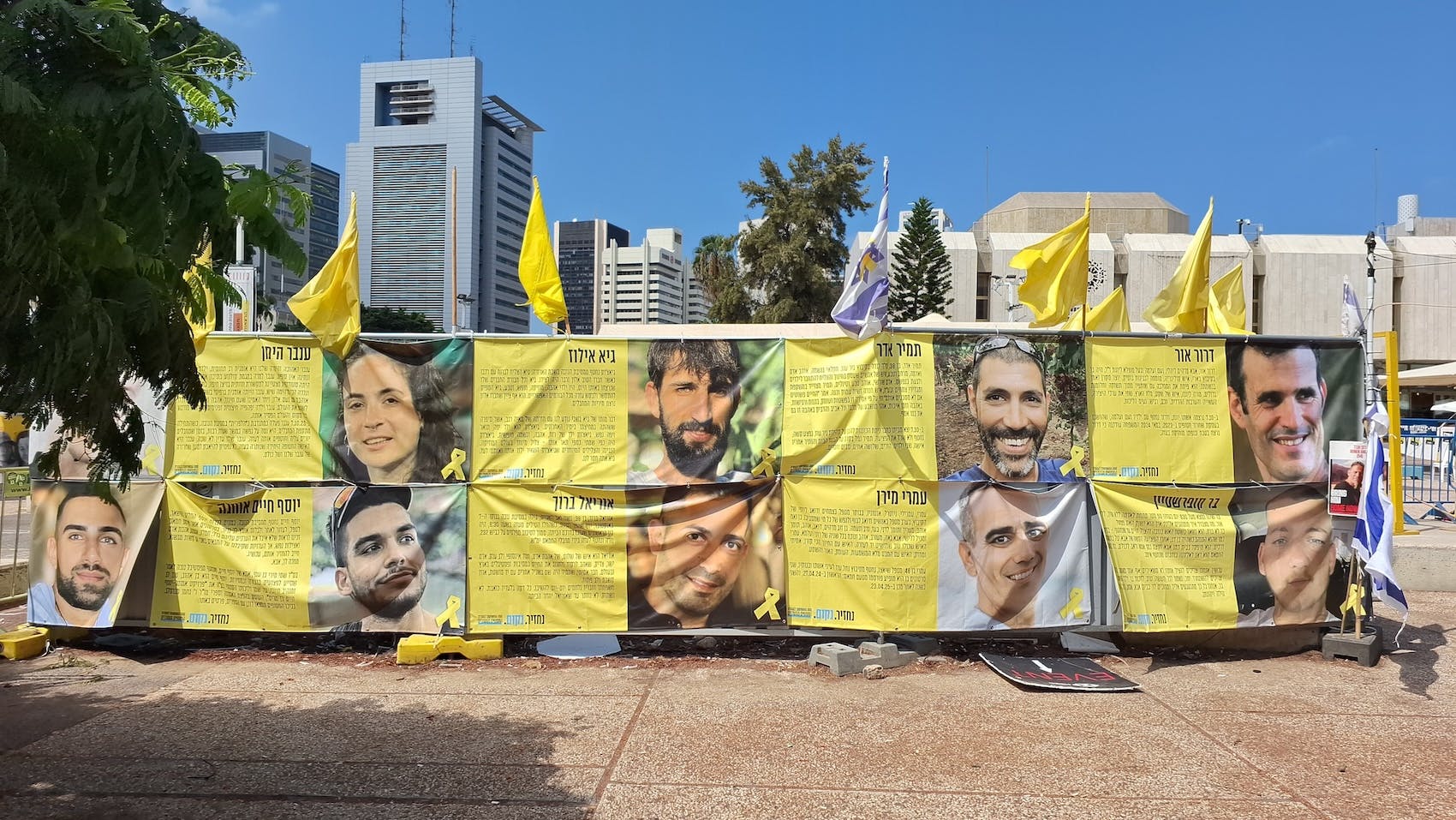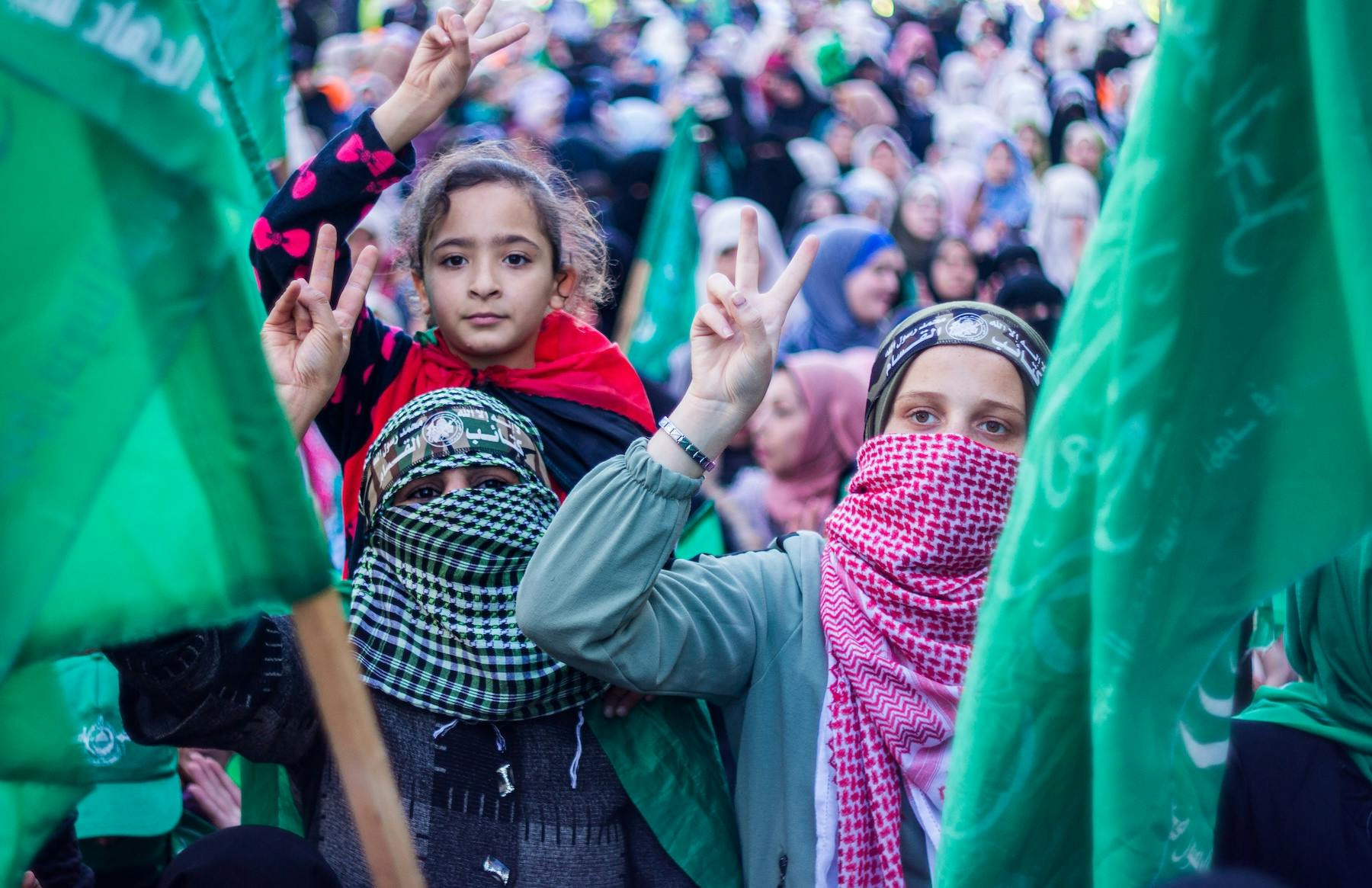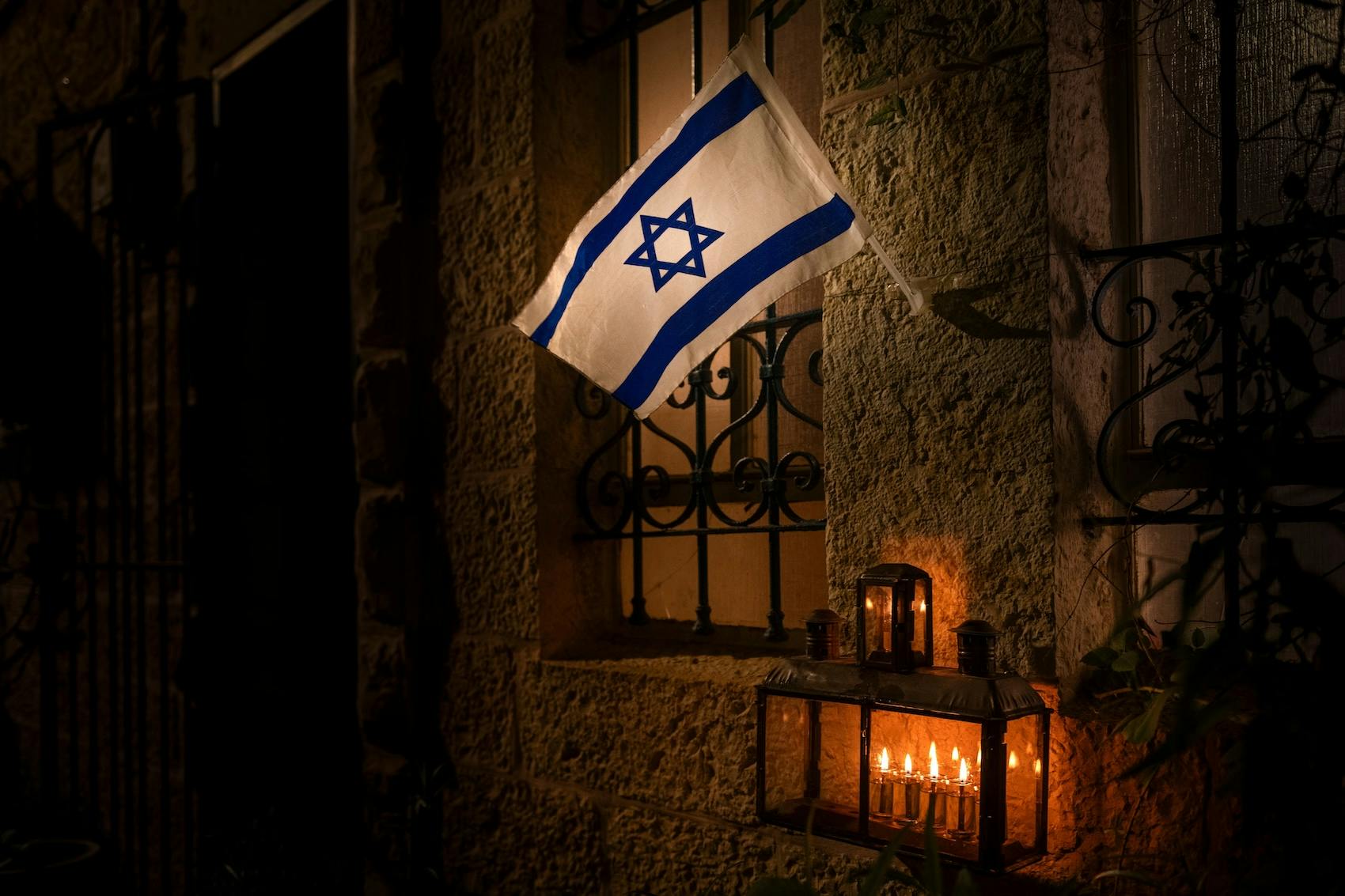In Israel today, we commemorate the Day of Atonement as a Sabbath day, when the whole country ceases work, and the roads are empty of cars and closed for travel. It has such great cultural influence that even secular Jews keep the traditions of what is considered the holiest day of the Hebrew calendar.
Jews dress in white and gather to have a last meal (called 'se'uda mafseket') before fasting food and drink beginning at sunset on the eve of Yom Kippur till the setting of the sun the day after. As we prepare to receive this somber day, we pray special prayers of repentance at the synagogue and Wailing Wall, plead for forgiveness, and confess our sins.
Since the time of Moses, God made a way for the people to be reconciled to Him through sacrificing animals until blood more powerful than that of bulls or goats was offered, but that was yet to be revealed.
The Blood of Bulls and Goats
In the Old Testament, in the book of Leviticus, we read how God — through Moses — instructs the people to set aside a day in which they should fast and make sin offerings, purifying themselves before Him:
"Also the tenth day of this seventh month shall be the Day of Atonement. It shall be a holy convocation for you; you shall afflict your souls, and offer an offering made by fire to the Lord. And you shall do no work on that same day, for it is the Day of Atonement, to make atonement for you before the Lord your God." – Leviticus 23:27-28
Atonement is the act of reparation for an offense or injury; in the case of the people of Israel, the High priest would first offer a sin offering for himself and his family:
"Aaron shall offer the bull as a sin offering, which is for himself, and make atonement for himself and for his house. He shall take the two goats and present them before the Lord at the door of the tabernacle of meeting. Then Aaron shall cast lots for the two goats: one lot for the Lord and the other lot for the scapegoat. And Aaron shall bring the goat on which the Lord's lot fell, and offer it as a sin offering. But the goat on which the lot fell to be the scapegoat shall be presented alive before the Lord, to make atonement upon it, and to let it go as the scapegoat into the wilderness." – Leviticus 16: 6-10
After he and his family purified themselves, the High Priest would then offer a second sin offering on behalf of the people - the blood of a goat:
"Then he shall kill the goat of the sin offering, which is for the people, bring its blood inside the veil, do with that blood as he did with the blood of the bull, and sprinkle it on the mercy seat and before the mercy seat. So he shall make atonement for the Holy Place, because of the uncleanness of the children of Israel, and because of their transgressions, for all their sins; and so he shall do for the tabernacle of meeting which remains among them in the midst of their uncleanness." – Leviticus 16:15-16
True Repentance
Today, since there is no temple and no more animal sacrifices, Jews have found other ways of atoning for sin.
During the ten days between Yom Teru’ah (also known as Rosh Hashanah) and the Day of Atonement, thousands of Jews go to Jerusalem, pray at the Western Wall, and beg God for mercy while touching the original temple stones.
Another tradition includes swinging a chicken in circles around the sinner's head and transferring their sins to the animal — a process called 'kaparot', which means to atone. The chicken is then slaughtered and given to the poor.
Many people give charity as a money offering; men dip in the Mikveh to purify themselves, and others pray at the 'graves of the righteous', believing that the closer they are to great figures of faith, the more likely God is to hear them.
Jews living in Israel today care greatly to keep the commands of Yom Kippur and yearn for God's forgiveness with all their hearts.
Yet, the eyes of many of the Jewish people are veiled, unable to see that there is only one way in which they can truly be reconciled to God and that is through the atoning blood of Yeshua, their Messiah.
The scapegoat and the role of the high priest were a shadow, a precursor of Yeshua, as He is the scapegoat, taking on Himself the sins of the world (2 Corinthians 5:21), and the High Priest (Hebrews 4:14-16) who stood in the gap on behalf of the people.
It is only through the revelation of the saving power of Yeshua that anyone can experience forgiveness of sins.
Yeshua — King of our Heart
Forgiveness is a precious gift, which sets the captives free from oppression, reconciles hearts, and heals the broken.
Yeshua declared that He is the "way, the truth, and the life" (John 14:6) and that no one comes to the Father but through Him.
Sin has ruled in the hearts of man since Adam first sinned in the garden of Eden, but when we receive Yeshua's forgiveness by accepting his ways and receiving the truth, we can truly become alive in Him and receive eternal life.
By confessing our sins, we throw sin off the throne of our hearts and crown Yeshua as King of our lives, allowing His Holy Spirit to change us from the inside out — in our words, actions and intentions:
"Do not conform to the pattern of this world, but be transformed by the renewing of your mind. Then you will be able to test and approve what God's will is—his good, pleasing and perfect will." - Romans 12:2
Although in the past, forgiveness was given only on Yom Kippur (the Day of Atonement), once a year, Yeshua, who sacrificed Himself to atone for our sins forever, made a covenant with Jews and Gentiles in his blood:
"This is my blood of the covenant, which is poured out for many for the forgiveness of sins." - Matthew 26:28
Thank God He sent Yeshua, the Yom Kippur sacrifice who made a way for all to enter into right standing with God — being our scapegoat, our High priest, our redeemer, and our King Messiah.
This Yom Kippur, as we pray for the atonement of our sins before His mercy seat, let us remember our Jewish brothers and sisters who have not yet received Yeshua's free gift of eternal forgiveness.
Abba, Elohim — thank you for giving us your Son Yeshua, whose blood atones our sins. Forgive me today of my wrongdoing; create in me a pure heart so my life will be pleasing to you. I forgive those who have sinned against me and bless them in your name.
Please grant me the grace to live according to your holiness and open the eyes of Israel to see you as their redeeming Messiah.
Amen, and amen!





